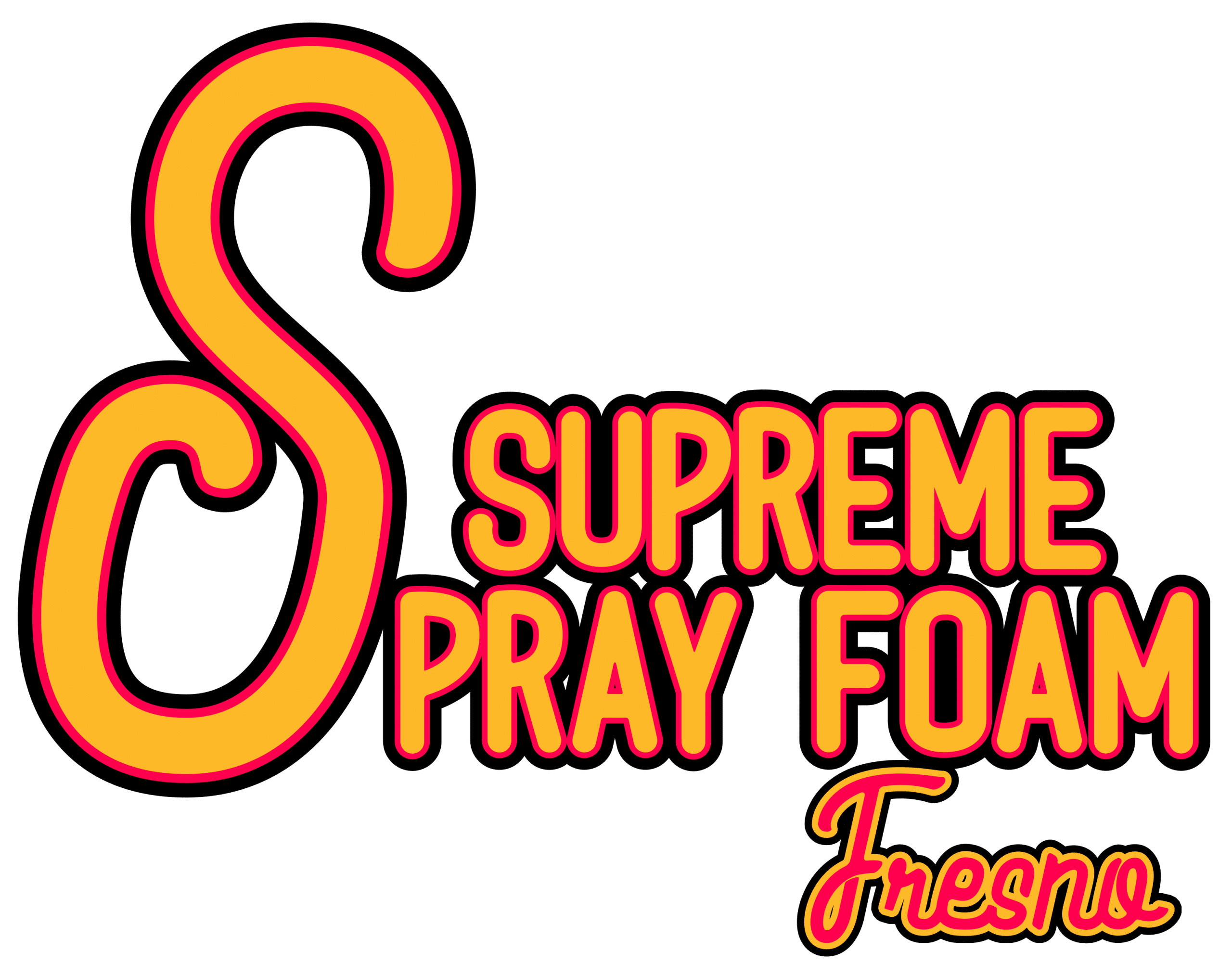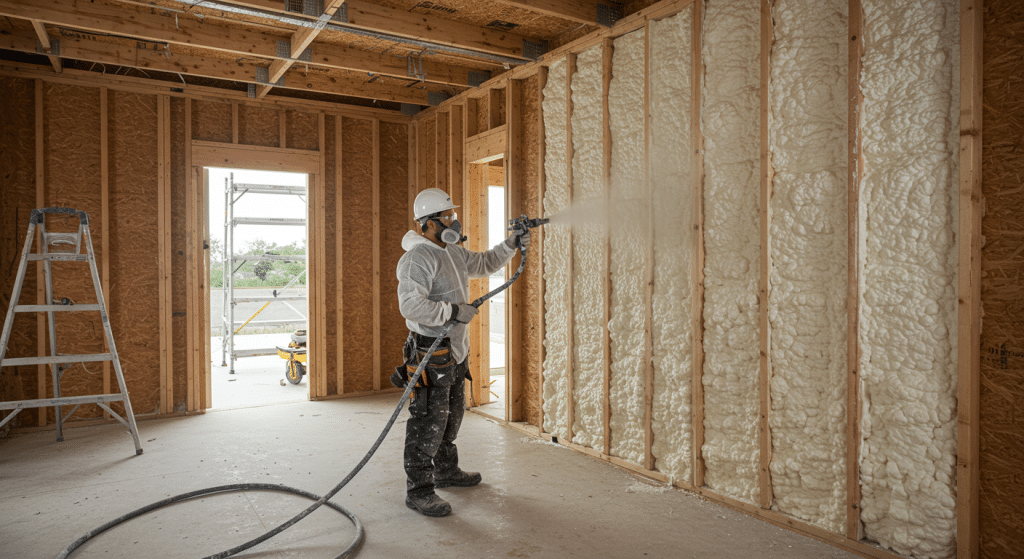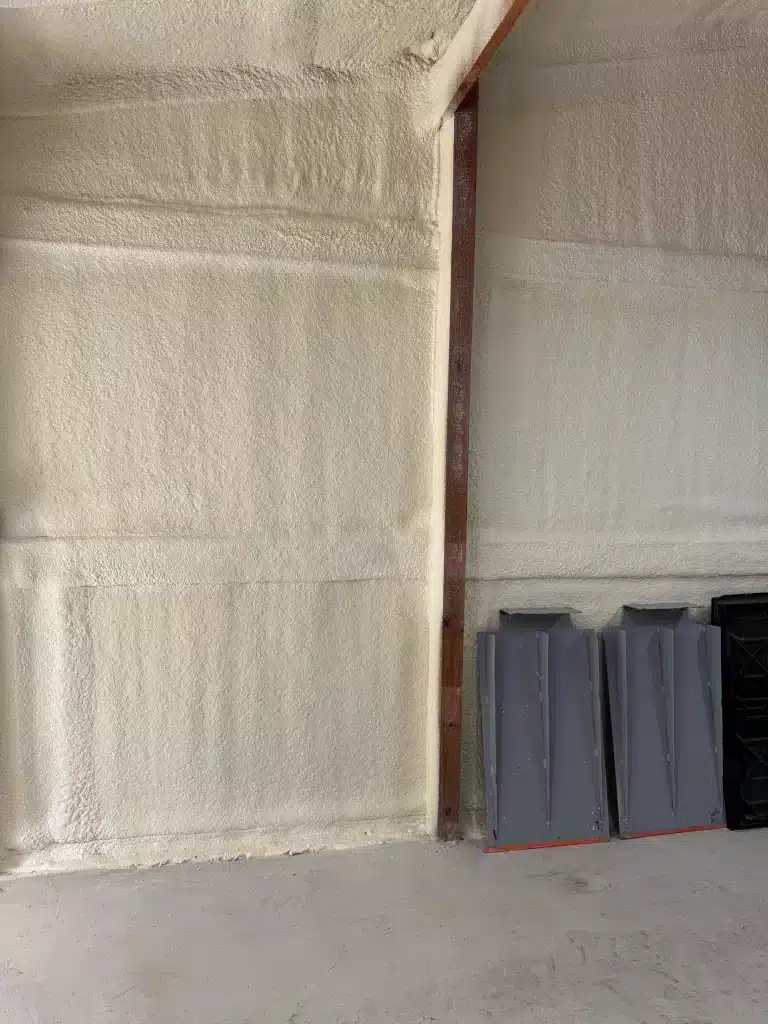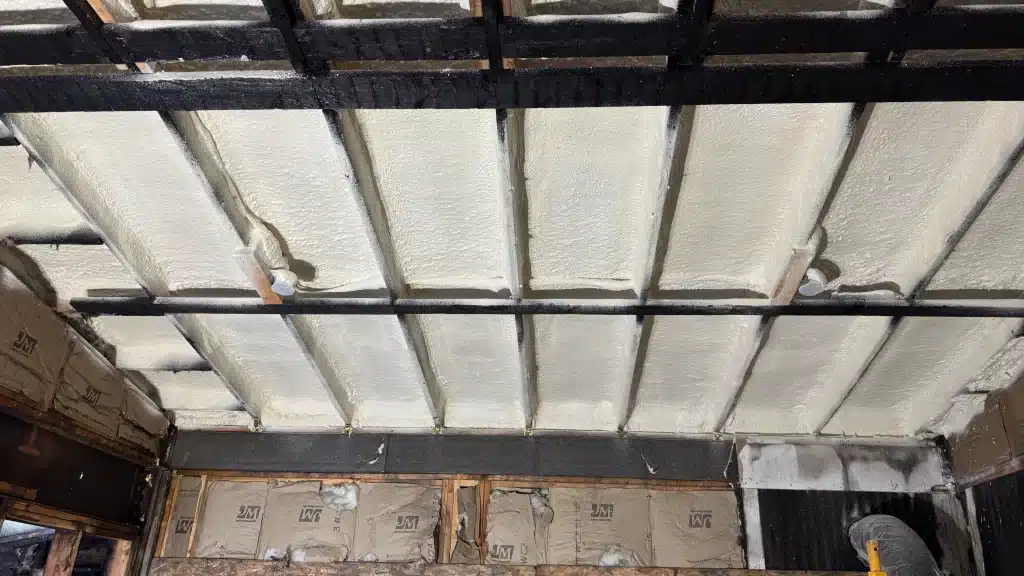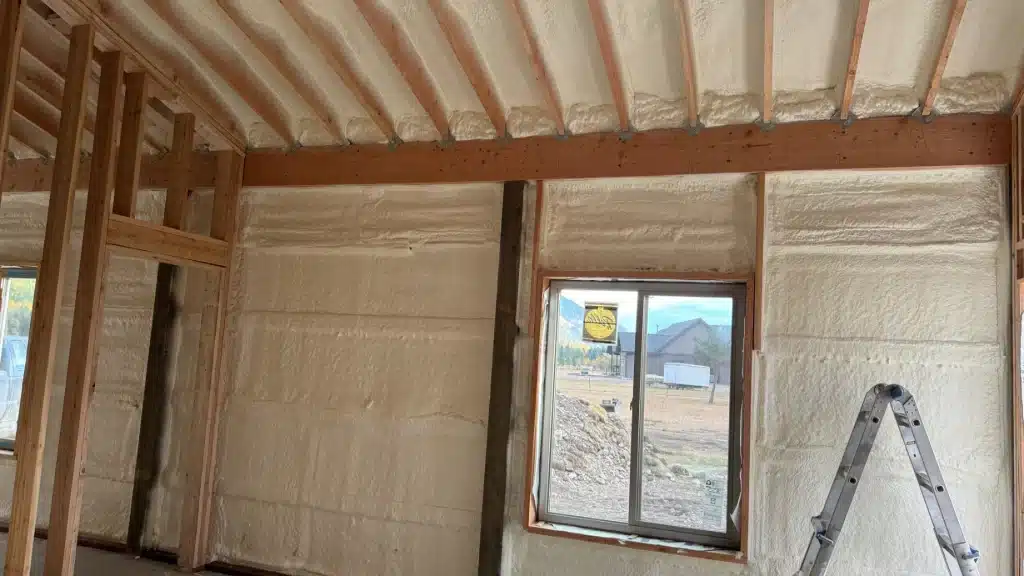Spray foam insulation is praised for its energy-saving qualities and airtight sealing. But despite its benefits, some homeowners run into unexpected challenges when applying for a mortgage or refinancing—especially if their property has spray foam installed. So, why do banks seem hesitant about it?
Let’s break it down in simple terms.
Why Banks Look Closely at Insulated Homes
When you apply for a mortgage or loan, banks don’t just look at your income—they also look at the property itself. The house is their backup plan if things go wrong. So, they want to be sure the home is safe, easy to resell, and holds its value.
Spray foam insulation, while highly efficient, can raise red flags in a few areas banks care about.
Concerns About Moisture and Structural Access
Trapped Moisture Can Lead to Damage
Spray foam creates a tight seal, which is great for energy savings—but not so great if moisture gets trapped inside walls. If there’s even a small leak, moisture can get stuck and eventually lead to mold, rotting wood, or long-term damage.
Inspectors Can’t See Behind the Foam
Once spray foam is applied, it hides everything underneath. That makes it hard for inspectors to check wiring, plumbing, or the condition of framing. Banks want properties to be fully assessable—this hidden aspect makes them nervous.
Challenges with Property Value and Resale
Harder to Appraise Accurately
Appraisers may struggle to compare spray-foam-insulated homes with others nearby. If they can’t determine the full condition of the house, the valuation may come in low—which banks don’t like.
Potential Buyers May Be Hesitant
Not everyone understands spray foam. Some buyers worry about moisture issues or future repair costs. That hesitation makes the house harder to sell if the bank ever needs to repossess and resell it.
Insurance & Warranty Complications
Some insurance companies charge more—or even deny coverage—for homes with spray foam. Why? Because spray foam can make it hard to detect hidden damage, and there are questions about how it reacts to fire.
And if a home doesn’t have full insurance coverage, banks see that as an extra layer of risk.
Rules & Regulations
Not All Installations Follow the Same Standards
Spray foam needs to be installed by professionals who follow strict codes. If done incorrectly, it can cause more harm than good. Since there’s no universal application standard, banks can’t always be sure what they’re getting into.
Some Lenders Have Blanket Policies
There have been cases where spray foam concealed serious damage, leading some lenders to put firm restrictions—or outright bans—on homes with it. This makes borrowing harder for homeowners with spray foam installed.
What Can You Do About It?
Show Documentation
If your insulation was installed properly and meets building codes, show proof. This can include product details, certifications, installer information, and warranty papers. The more transparent you are, the better your chances.
Hire Reputable Installers
Always choose experienced, certified contractors. A professional job comes with fewer problems and helps prove to lenders that the installation is safe and compliant.
Find Lenders That Work with Energy-Efficient Homes
Some mortgage companies specialize in green or energy-efficient housing. These lenders are more familiar with spray foam and may be more flexible.
In Short…
Spray foam insulation isn’t bad—but from a bank’s perspective, it adds a layer of complexity. Moisture risks, hidden damage, and resale uncertainty make lenders cautious. However, proper installation, clear documentation, and working with the right lender can help you get the financing you need.
Questions You Might Have
Why do lenders hesitate with spray foam-insulated homes?
Because it can hide damage, trap moisture, and lower the property’s resale value if things go wrong.
Can insulation like spray foam cause mold?
Yes, if it’s not installed correctly and traps moisture. That’s why expert installation is so important.
What can I do to reassure a bank about my spray foam insulation?
Provide certifications, warranties, and proof of professional installation. Also, seek out lenders who understand energy-efficient materials.
Do some insurers charge more for homes with spray foam?
Yes, a few do. They worry about the foam hiding problems and complicating fire inspections.
Are other insulation types easier to finance?
Traditional materials like fiberglass and cellulose are more widely accepted because they don’t pose the same inspection challenges.
Will spray foam affect my home’s resale value?
It could. Some buyers don’t want it due to maintenance fears or limited knowledge. That can impact how fast and for how much you sell.
Can inspectors still evaluate spray foam homes?
Yes, but it’s tougher. They often need special tools like thermal cameras or moisture meters to check behind the foam.
Is closed-cell or open-cell spray foam more of a concern?
Open-cell can raise more red flags because it absorbs moisture more easily. Closed-cell is denser and more resistant.
Need Help with a Spray Foam Project?
If you’re in Fresno, CA, and want to make sure your spray foam project is lender-friendly, talk to our team. At Supreme Spray Foam – Fresno, we provide expert guidance and installation you can trust.
📞 Call us at (559) 545-0800
📧 Email: [email protected]
We’ll help you get the insulation benefits without the bank headaches.

